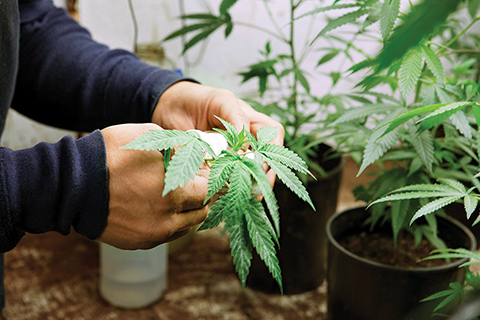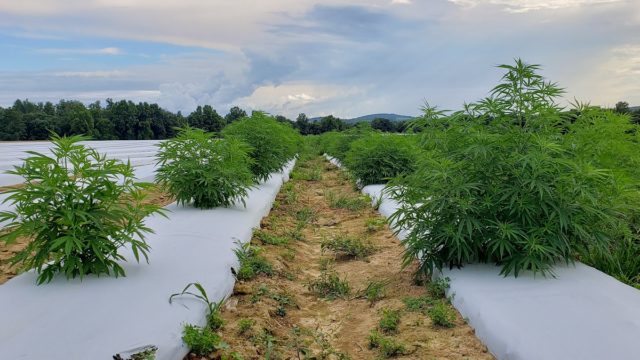Cannabis Medicine: The concept of cannabis as a medicinal substance is increasingly tolerated, but it is still necessary to be able to draw conclusions from the full spectrum of the plant in terms of a medical tool. Below, we discuss the potential benefits of cannabis medicine.
Citizen movements have done a lot for the legalization of cannabis medicine in countries that have taken the plunge. But this evolution has also been brought about through the many health benefits that cannabis provides.
CANNABIS MEDICINE: CANNABIS IS NATURAL AND VERSATILE

The main benefit and advantage of cannabis medicine is that it is natural. This plant can grow on six of the seven continents and some anthropological evidence suggests that it may be one of the oldest cultivars of mankind.
It is also a versatile plant and its chemical constituents can be extracted and concentrated into various forms, allowing for a wide spectrum of potential administrations.
CANNABIS, INFLAMMATION AND PAIN
Many of the compounds found in cannabis (including cannabinoids like THC and CBD, but also other terpenes like myrcene, limonene, linalool, limonene and more) have demonstrated some anti-inflammatory properties.
Since the discovery of the key role of the endocannabinoid system in the management of inflammation, much research has since focused on the potential of cannabis to tame the inflammation caused by pancreatitis, ulcerative colitis, Alzheimer’s disease and many (too many) other pathologies.
CANNABIS AND PATIENTS WITH PTSD: CANNABIS MEDICINE
According to the Recovery Village , more than one in thirteen adults will develop PTSD after experiencing a traumatic event.
Unfortunately, most of the evidence linking cannabis use to patients with PTSD comes from anecdotal reports rather than sophisticated clinical trials. In contrast, some research suggests that patients with PTSD simultaneously have an abundance of cannabinoid receptors and reduced levels of endocannabinoids in their bodies.
Research also shows that the endocannabinoid system is heavily involved in the management of memory and learning processes, as well as with anxiety, fear, memory and habituation (a decline response to a stimulus after repeated exposure). One study found that patients with PTSD who used cannabis had a reduced risk of depressive attacks or suicidal thoughts.

CANNABIS AND CRISES
Today, concrete evidence shows that CBD, a non-intoxicating compound found in cannabis and hemp, may help reduce seizures associated with Dravet or Lennox-Gastaut syndromes.
The seizures would be caused by an abnormal and accelerated triggering of neurons. People with epilepsy may not have a diagnosis as to the cause behind this condition in most cases.
The endocannabinoid system is very active in the central nervous system and in certain key areas of the brain related to epilepsy such as the hippocampus. Studies also show that CBD , THC and THCA, as well as terpenes such as linalool, exert anti-seizure (anti-convulsant) effects.
Although there is still a lack of evidence regarding our understanding of how compounds function against seizures, the above study is a reliable starting point for at least forming some hypotheses.
But the researchers do point out that the effects of cannabis medicine can vary. Whether cannabis gives you a euphoric effect or makes you relaxed depends on many factors, including the type of cannabis.